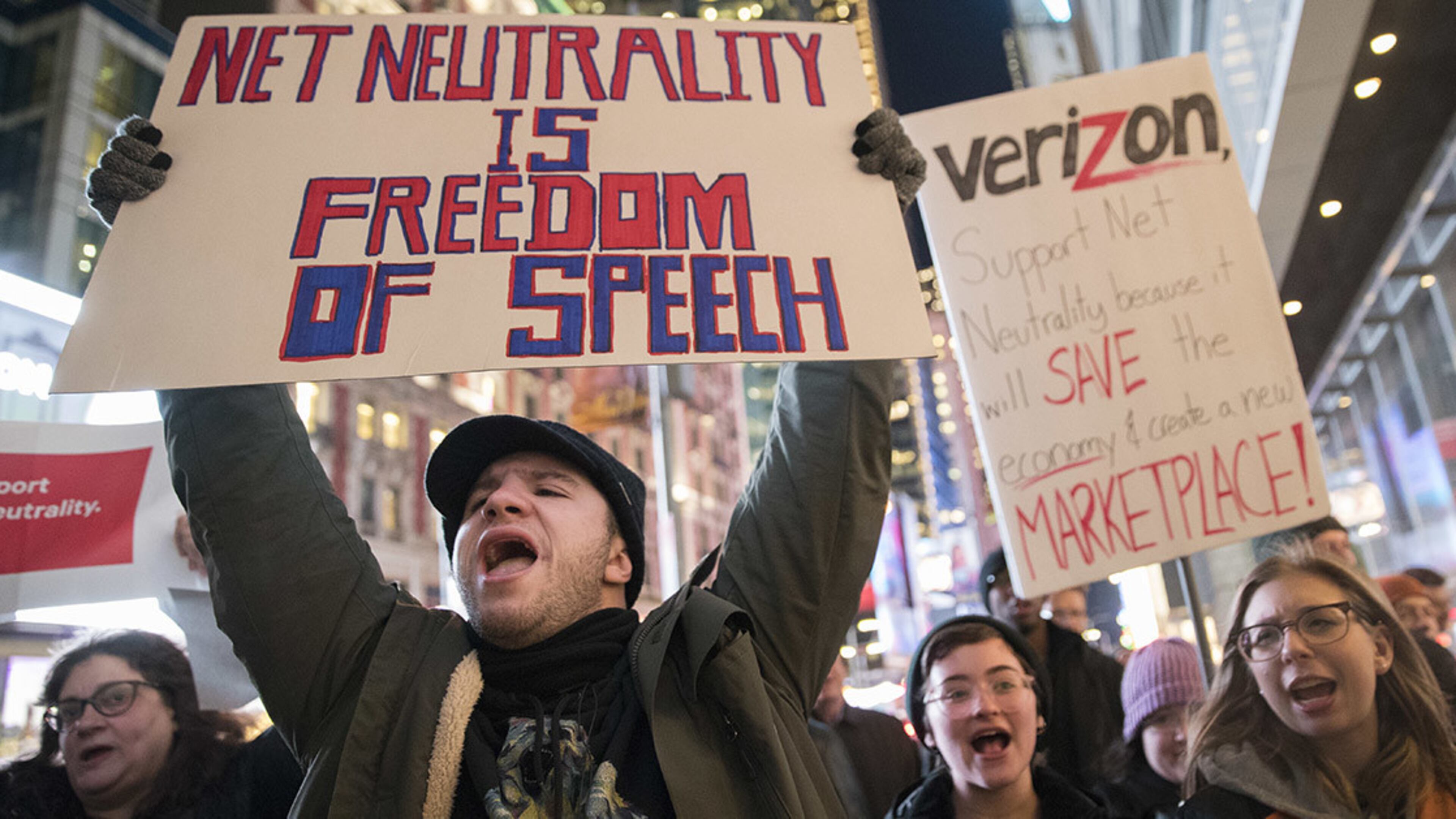Georgia Democrats target net neutrality decision

Georgia Senate Democrats introduced a measure Friday to require that Internet service providers operating in Georgia maintain existing traffic levels, an effort to counter a federal vote that could reshape how broadband companies control online access.
The measure, sponsored by state Sen. Harold Jones of Augusta, aims to require that “all web traffic is to be treated the same, regardless of source.” It faces an uphill battle in the Legislature, where Democrats are vastly outnumbered. But it’s a signal state Democrats aim to leverage the internet changes in 2018.
It’s a response to the Federal Communications Commission’s vote Thursday to scrap so-called net neutrality restrictions that banned broadband providers from charging for certain content or higher-quality services.
It reversed the 2015 FCC decision that gave the federal government increased oversight over broadband providers. Commission chair Ajit Pai said the 3-2 vote to roll back the rules would spur innovation from tech giants, encouraging them to offer new services that could ultimately benefit consumers.
The repeal won’t immediately go into effect but public interest groups have threatened lawsuits to block it from taking effect. And critics warn it could lead to rising costs for Internet access, new barriers for startups and more restrictions to accessing content.
Jones, the Senate minority whip, called it a “blatantly anti-consumer move” designed to punish people who rely on Internet providers for TV content. And he said broadband companies could use the repeal to block news outlets that criticize their business practices.
“This move is bad for business because it essentially shuts out small businesses from being able to compete in any market that an existing ISP operates in,” he said. “Small businesses won’t have the cash or customer base to pay the ISPs not to block or slow down their services.”

